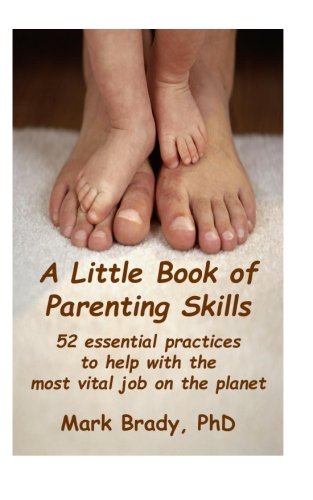How Opinions Handicap Learning
I tend to find all kinds of odd and everyday things enormously interesting. The cells and networks that make up my brain certainly qualify in the odd and everyday categories. Over the last dozen years I’ve learned a lot about my brain, mostly that it is an extremely vulnerable organ, and that the vast majority of the neurons that make it up have evolved primarily to allow me to navigate physically through the world. They essentially serve to activate any of the roughly 640 skeletal muscles in the human body. It’s still not widely accepted that this is the case, even though a number of prominent, respected neuroscience researchers are adamant in their claim that body-moving is Brain Job No. 1.
 As you might suspect, like most neuro- scientists, I have a lot of ideas and opinions about that body movement claim, one that has only been emerging quite slowly in the brain research community over the last few years. Recently, it was discovered that something we thought for decades to be true and absolute about the brain – that neurons operate digitally; they are either on or off – either firing electrochemical action potentials or not – is false. Turns out the brain is analog AND digital, and 10 times more active than previously measured. And it appears to be physical movement that makes it so. Movement appears to significantly change the way the brain transmits and processes the energy and information of our lives.
As you might suspect, like most neuro- scientists, I have a lot of ideas and opinions about that body movement claim, one that has only been emerging quite slowly in the brain research community over the last few years. Recently, it was discovered that something we thought for decades to be true and absolute about the brain – that neurons operate digitally; they are either on or off – either firing electrochemical action potentials or not – is false. Turns out the brain is analog AND digital, and 10 times more active than previously measured. And it appears to be physical movement that makes it so. Movement appears to significantly change the way the brain transmits and processes the energy and information of our lives.
So much for what we were so sure we knew about the brain and how it works. What else might we be well-served to be less sure of?
Who Knows If It’s Good or Bad
When Buddhist teacher Jack Kornfield was studying Buddhism in Thailand, he once got this advice from his teacher, Ajahn Chah, about what would be a most valuable practice for him to bring back home with him to America: “You have so many views and opinions, what’s good and bad, right and wrong, about how things should be. You cling to your views and suffer so much. They are only views, you know.”
From a brain health and vitality perspective this is an invitation that makes great sense. We do suffer from our opinions, in ways large and small. Opinions tend to be things we know, or think we know, about people, places and things in the world. Opinions are formed out of and represent old learning, often experiential, sensory-driven learning that has already established solid neural network connections in the brain and body. Psychologists term it conditioning. Some of it is useful, like being able to ride a bike or drive a car without giving either an excessive amount of attention. But some of our opinions put us to sleep, thinking we know how things are now or how they will certainly be tomorrow.
Flexible Fluidity Makes It Happen
Some of our conditioning results in what Stanford psychologist Carol Dweck has identified as a “fixed mindset.” Fixed mindsets, like fixed chemical compounds, require a lot to transform.

What a “Growth Mindset” does for your brain.
What they ideally transform into is a “growth mindset.” Growth mindsets tend to take much greater advantage of one of the brain’s most powerful design features: neuroplasticity. Neuroplasticity is the term used to describe the brain’s ability to reorganize itself, both physically and functionally, throughout our lives in response to behavior, environment, thinking/learning, and emotional expression. Here are 10 potential ways to positively affect neuroplasticity. Fixed, inflexible opinions are not on that list.
Neuroplasticity’s Poster Boy
John Goodenough could be the poster boy for neuroplasticity. He’s the inventor of the lithium-ion battery. You know, the ones that are catching fire in phones and hoverboards all over the planet. Faced with that clear product short-coming, Goodenough took on the task of inventing an even better battery. And it looks like he will succeed … at age 94!
At age 50 or so, the work I was doing with young kids and adult learners in graduate school began to draw me, with increasing frequency, to the field of neuroscience. One day I announced to various members of my extended social circle that it looked like I was on my way to becoming a neuroscientist. As you might guess, people in my circle had a LOT of opinions about that. The predominant sentiment was that I should forget it – I was too old. All those opinions did was make it clear to me that I needed to change the people who were then making up my social circle. And so I did. And guess what: I’ve been researching, writing about and teaching about neuroscience for the last ten years. Guess what that makes me!
For those of you who don’t hold the opinion that book reviews have to be written only in words, here’s another Enchanted Loom. This review is on David Nichtern’s opinion-transcending book, Awakening from the Daydream.

